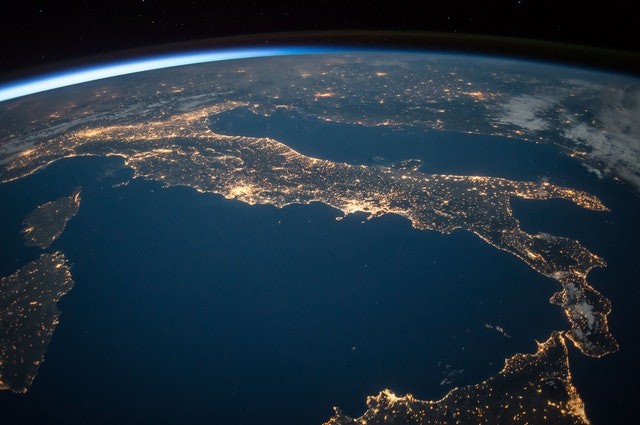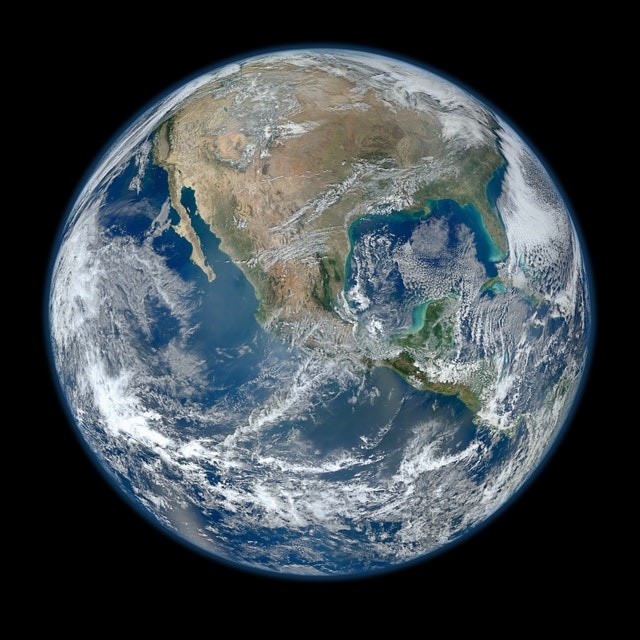Earth's atmosphere will have very little oxygen, thereby making it unlivable for complex aerobic life in a billion years from now.
Presently, the earth's atmosphere is made up of around 21 percent of oxygen. Earth's atmosphere's oxygen-rich nature is ideal for large and complex organisms, like humans, that need gas to live. But in the early history of Earth, levels of oxygen were much lower and they are more likely to be low again in the distant future.

How Earth's Atmospheric Conditions Will Change
Researcher Kazumi Ozaki at Toho University in Funabashi, Japan, and Chris Reinhard at the Georgia Institute of Technology in Atlanta designed the climatic, biological, and geological systems of the earth to predict how atmospheric conditions on Earth will change.
Ozaki and Reinhard say that high levels of oxygen will be maintained by the Earth's atmosphere for the next billion years before dramatically coming back to low levels comparable to those that lived prior to what is known as the "Great Oxidation Event" of about 2.4 billion years ago.
Ozaki said they discover that the Earth's oxygenated atmosphere will not be permanent in feature and one major cause for the shift is that it will become hotter and release more energy as our sun ages. The researchers calculate that this will lead to a reduction in the amount of carbon dioxide in the atmosphere as carbon dioxide breaks down after absorbing heat.
Carbon Dioxide Will Become So Low in Billion Years
Estimates made by Ozaki and Reinhard shows that carbon dioxide levels will become so low in a billion years that photosynthesizing organisms like plants will not be able to survive and produce oxygen. The colony collapse of these photosynthetic organisms will be the central cause of the huge decrease in oxygen.
Reinhard made known that the drop in oxygen is very extreme, because we're talking about having less oxygen around a million times than there is today. Ozaki and Reinhard also estimate there will be a corresponding increase in methane to levels as high as 10,000 times the amount in the atmosphere presently.
Once the Earth's atmosphere changes begin to occur, they will progress fast as the team's estimates advocate that the atmosphere could lose its oxygen over the course of just 10,000 years or more.

Biosphere Cannot Get Used to Such a Dramatic Shift
Ozaki says the biosphere cannot get used to such a dramatic shift in environmental change while Reinhard says life on earth will be exclusively microbial, a world where most of the primitive and anaerobic bacteria currently hiding in the shadows will take over. Terrestrial and aquatic life will cease to exist.
The ozone layer made up of oxygen will diminish, thereby uncovering the earth and its oceans to high levels of heat from the burning sun and ultraviolet light. The research was made as part of a National Aeronautics and Space Administration project into planet livability, with implications for looking out for life on other planets.
Related article : Decline in Earth's Oxygen Caused by Fossil Fuels, Experts Suggest
For more news, update the condition of the earth and similar topics don't forget to follow Nature World News!
© 2025 NatureWorldNews.com All rights reserved. Do not reproduce without permission.





